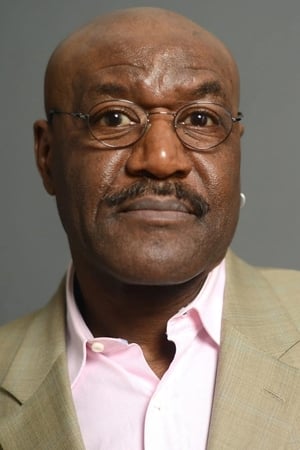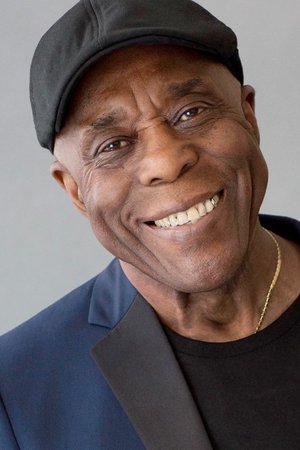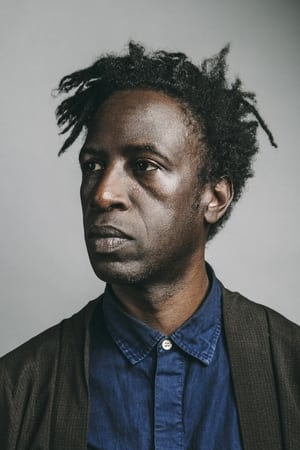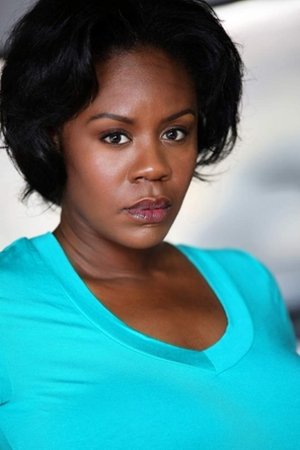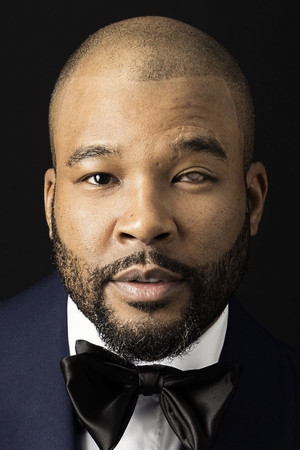⭐⭐⭐⭐
Rating: 3.5 out of 5.Alright, everyone, ready your pitchforks and light your torches because I’m sure I’ll be getting some hate for this.
Sinners felt like one night you decided to cook a beautiful combination of fresh grilled chicken—seasoned delectably, with just the right dry rub, a tinge of Cajun spice, enough salt and pepper to complement the flavor without overpowering it—alongside perfectly garnished mashed potatoes and steamed peas and carrots glazed with a touch of sweetness. Except here’s what went wrong: you cooked everything in the wrong order. The mashed potatoes only took 15 minutes while the chicken needed 35, so the potatoes sat around, caking up in hot air, while the chicken dried out in the pan. You tried salvaging it—dumped the entire damn spice cabinet in, maybe watered it down—but now it’s soggy, the seasoning’s washed off, and it’s broiled into flimsy forget-me-nots and over-garnished provocations. You glance at your potatoes—the edges have hardened into stone, impossible to salvage. Can you reheat it? No, that’d just make it worse. Everything falls apart because you tried too hard to make something so simple.

Did that analogy last way too long? Good. Because that’s exactly how I felt watching Sinners.
While its undertones carry social commentary (what doesn’t these days?), there’s no fault in that, but this movie was nothing special, with nothing truly groundbreaking going for it. It’s a repetitive Deliverance-esque slog that relies on its audience being too afraid to say, “You don’t have to throw every symbolic appropriation into a film to make a point.” With fear of getting canceled. I wanted to like this movie—so many people praised it—but like most things, it left me with a heaping pile of disappointment.

That said, was Sinners a terrible movie? No, no, it wasn’t. The idea behind the scenes was fantastic: a mystical orchestrator who “summons spirits” through music so captivating, so otherworldly, that even beings beyond our realm are drawn to it—paired with the ominous warning that not all of them will be “good,” per se. It’s an overzealous social vampire allegory served on a plate made of garlic. Yet, with a bloated runtime of 2 hours and 17 minutes, I couldn’t fully grasp the vision they so meticulously (and mysteriously) laid out.
The shot, yes- the magum opus of this film, a panning overshot with sprinkled in cultural references to different musicians from different times- all collectively connected through the “wisdom” of sound; holy shit my ears. What a gargantuan atrocity of a mix – old country blues, with old-school hip hop (house music??), native chanting with record skipping and hide drums? What are we doing here? This felt less spiritual transcendence, more like being trapped on a subway, and nobody is wearing headphones.

Scene after scene of exposition leads to a final showdown with a ham-fisted explanation that felt more cliche than telling the audience it was “all just a dream” — no real storytelling, just “This happened, now this is happening.” Why? Who the hell cares, I guess? With only 2 or 3 lines of dialogue dropped like clues to a plot-puzzle and a suspiciously garnered fixation on eating pussy the rest says just focus on Michael B. Jordan talking to himself for an hour and forty minutes and shut the fuck up.

Now, let’s talk about the casting, because this is where Sinners only shines. Michael B. Jordan’s Smoke (and Stack) delivers a performance that’s magnetic even when the script leaves him stranded in monologue purgatory. His presence alone almost salvages the film’s weaker moments—almost. Hailee Steinfeld’s Mary brings a gracious, simmering intensity, though her character’s purpose feels frustratingly undercooked. And Miles Caton’s Sammie Moore? A freshman to the big screen, injecting every scene with gravitas, but even he can’t make sense of the muddled motivations he’s handed.

The remainder are seasoned, magnificent actors—each given roles they clearly understood, even if the audience didn’t. But who were these characters? Why did they matter to each other? Was this a family bound by blood, by shared trauma, or just by the color of their skin? The film tosses around the word “freedom” 13-16 times—vampires are “free,” they can all “be together,” united under a hive mind with their creator, privy to each other’s thoughts. What was the message here? Trust? Deception? Was there some Christian metaphor stitched between every line that I just missed?
The post-credits scene—which honestly should’ve been the real ending—leaves Sammie (Wright) with a harrowing realization: the demons still walk among us, reminding us that they’re always watching, always waiting. It’s a chilling note, one that makes you wish the preceding two hours had been half as compelling.
Final Verdict? A film with stellar performances, striking ideas, and a soundtrack that lingers, but lost in its own ambition, drowning in symbolism without enough substance to hold it up. Worth a watch for the actors alone, but don’t expect clarity. Or a satisfying meal.























